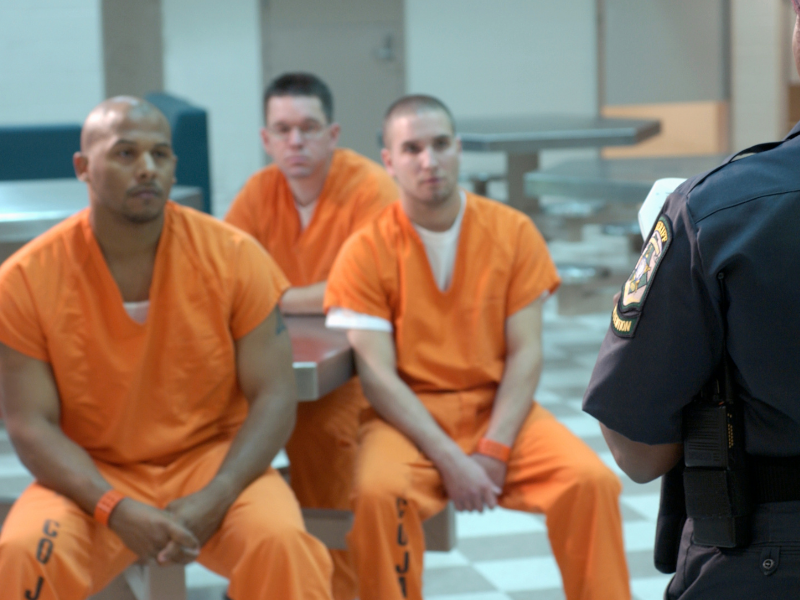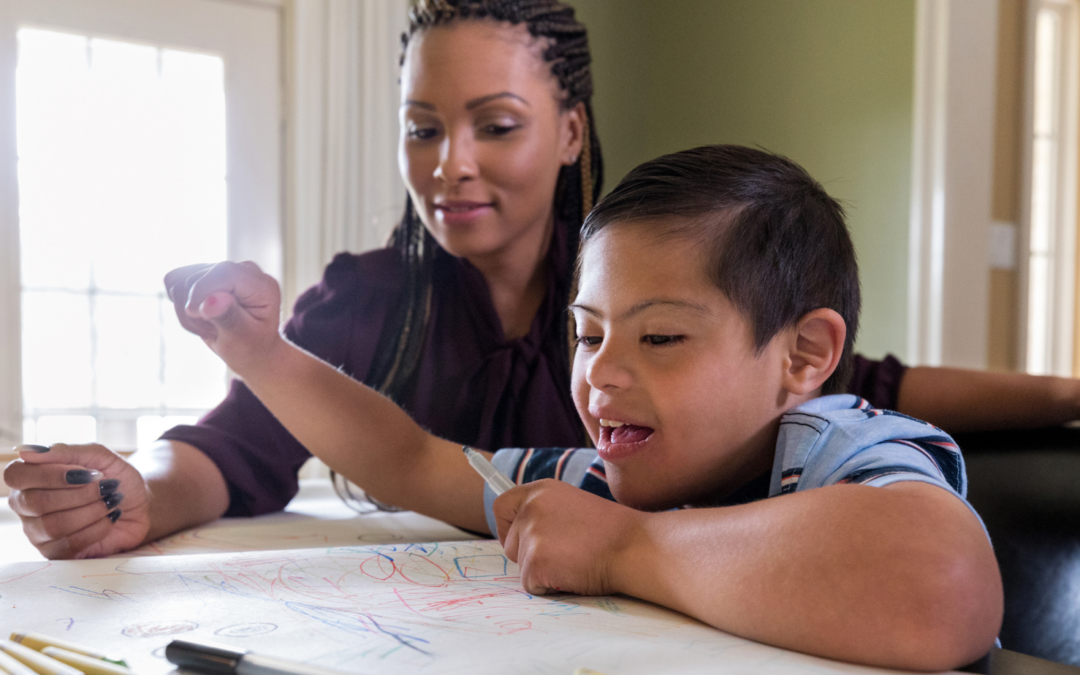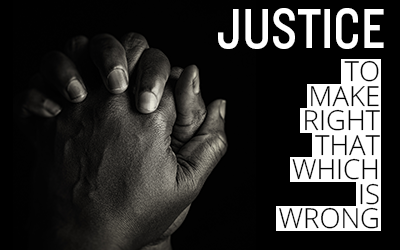
Is it time for voting rights reform for felons?
Is it time for voting rights reform for felons?

Coming off the contentious 2020 election, the issue of voting rights has been in the news lately. That is likely why, this year, there is a renewed push among some lawmakers in the Georgia legislature to reform voting-rights laws for those convicted of a felony.
This issue is central to our mission here at the Georgia Center for Opportunity (GCO). For well over a decade now, GCO has advocated for criminal justice reforms that help returning citizens create a new life—through joining the workforce, caring for their loved ones, and becoming productive members of society once again. Voting rights are part of that.
Here’s where Georgia law currently stands: Those with a felony on their record automatically have their voting rights restored once they complete their sentence, which includes serving all parole and probationary periods and paying all outstanding fines, fees, and restitution. They are also eligible to vote if they have First Offender status and that status has not been revoked.
“Just coming out of incarceration period, you feel like you have no opportunity. You feel like there are no options. I don’t have any options.”
Understanding the challenge of voting rights for felons
The goal of voting rights laws for those with a criminal record should be moving them in the quickest way possible to becoming positive, contributing members of society again. Once the individual has fully paid his or her debt to society, it makes perfect sense—and is in the best sense “just”—to reinstate their voting rights.
At the same time, there are good reasons for restricting felons from voting until the end of their sentences. Society has an obligation to prevent people who have demonstrated impaired ability to make good decisions from voting. That’s why we don’t let children or the mentally ill vote.
Felons have an added strike against them in that, in addition to poor judgment, they’ve also—in many cases—expressed contempt and disregard for the laws that govern us and shouldn’t be allowed to impose laws on the rest of us until they have shown their respect for and willingness to abide by the law.
A good place to begin
So, where should we begin with reforms to voting rights for felons? A great place is also the simplest and most non-controversial: There is strong evidence that even some felons who have fully paid their debt to society face challenges in having their voting rights restored.
For example, in 2019 a representative from the Georgia Justice Project testified before a state Senate committee that there is frequently misinformation within voter registration offices, and sometimes among volunteers, about whether someone ever convicted of a felony can vote. There are also challenges with felons proving they are officially “off paper” (i.e., they have completed their probation or parole) and are now legally eligible to vote.
Let’s begin here with clearing up misunderstandings around the law on voting rights for returning citizens and ensuring that all election-related officials are applying it correctly. A big step would be for election officials to be required to accept Certificates of Sentence Completion from the Department of Community Supervision as sufficient proof that a returning citizen should be added back to the voter rolls.
Work is important, too
A central goal of the Georgia Center for Opportunity is to help returning citizens reintegrate into society. Voting rights is one aspect of reintegration, but there are others—like finding stable employment—that are far more important to improving outcomes for returning citizens.
We know that work is a key way to reduce recidivism: Research has shown that if an ex-offender can keep a job for six months or more, their likelihood of ending up back in prison drops dramatically. It also improves the odds that a returning citizen will reconnect with loved ones, especially their children, another key to preventing recidivism.
GCO’s efforts through initiatives like Hiring Well, Doing Good are making progress here, and stories like Kevin’s are inspiring.














